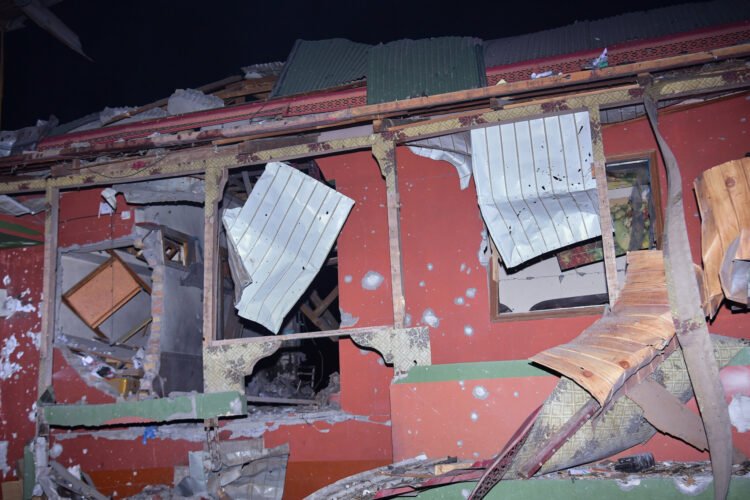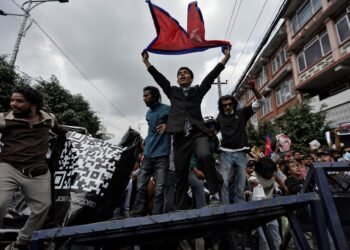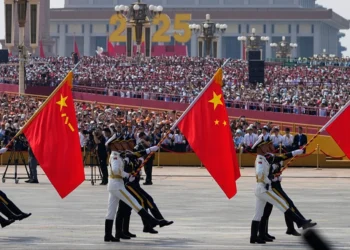ISLAMABAD — A deadly new chapter in India-Pakistan hostilities unfolded early Wednesday as India launched multiple missile strikes into Pakistani-controlled Kashmir and Punjab, killing at least eight people — including a child — and injuring nearly 40, according to Pakistani officials.
Labeling the strikes “an act of war,” Pakistan’s Prime Minister Shehbaz Sharif convened an emergency meeting of the National Security Committee and vowed swift retaliation. “Pakistan has every right to give a robust response,” he said, accusing India of carrying out “cowardly” and “deceitful” attacks.
The Indian Defense Ministry confirmed the operation, codenamed Sindoor — named after a symbolic red powder worn by married Hindu women — and said the attacks targeted nine specific sites linked to militant planning operations. These included alleged headquarters of Jaish-e-Mohammed in Bahawalpur and Lashkar-e-Taiba near Muridke. India claimed the action was “focused, measured and non-escalatory,” and avoided hitting Pakistani military assets.
The strikes come in response to last month’s massacre of 26 Indian tourists in the disputed region of Kashmir, an attack New Delhi blames on Pakistan-based militant groups. Islamabad has denied any involvement, but acknowledged it anticipated Indian military action in response.
Civilian areas hit, including a mosque and school
Among the sites struck by Indian missiles was a mosque in Bahawalpur, where a child was reportedly killed. In Muzaffarabad, the capital of Pakistan-controlled Kashmir, residents described chaos and destruction as explosions rocked the city and power was immediately cut off. “We were afraid the next missile might hit our house,” said local resident Mohammad Ashraf.
Emergency conditions were declared in regional hospitals, and schools and religious institutions in Kashmir and Punjab were shut down. Authorities also suspended flights at major airports in Lahore and Islamabad, citing security concerns.
The Pakistani military claimed that six locations were struck and said it had shot down five Indian fighter jets in retaliation — a claim India has not addressed publicly.
Tensions erupt across Line of Control
Heavy artillery and gunfire exchanges were reported along the Line of Control (LoC), the unofficial border dividing Indian- and Pakistani-controlled Kashmir. Indian officials accused Pakistani troops of “arbitrary” shelling, which reportedly killed three civilians on the Indian side.
A separate incident unfolded on the Indian side of Kashmir, where an aircraft — origin unconfirmed — crashed into a school near Pampore, setting off a fire and forcing evacuations. Police and military units sealed off the area as firefighters battled the blaze.
International response: Fears of wider conflict
The United Nations and key global powers issued urgent calls for de-escalation. U.N. Secretary-General António Guterres expressed deep concern and urged both countries to exercise “maximum military restraint.” The White House, in an early statement from President Donald Trump, called the situation “shameful” and warned that “the world cannot afford a military confrontation between India and Pakistan.”
Michael Kugelman, a South Asia analyst with the Wilson Center, told the Associated Press that Wednesday’s strikes were “some of the most intense in years” and warned that Pakistan’s counter-response “will surely pack a punch.” He added: “Even with nuclear weapons as a deterrent, these two armies are not shy about using conventional force.”
As both nations dig in, regional analysts warn that the risk of a wider and potentially catastrophic conflict remains dangerously high.

 English
English



























































